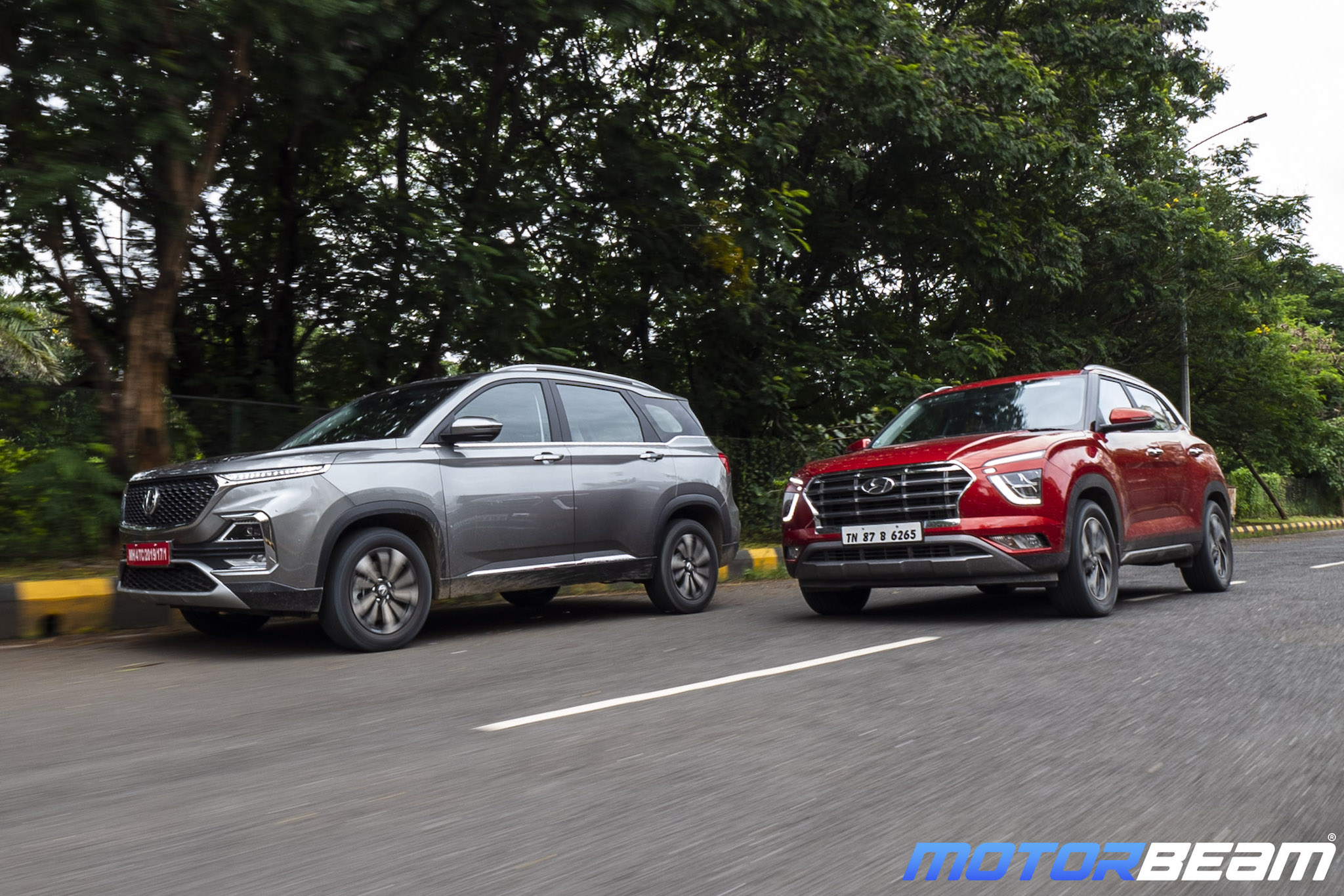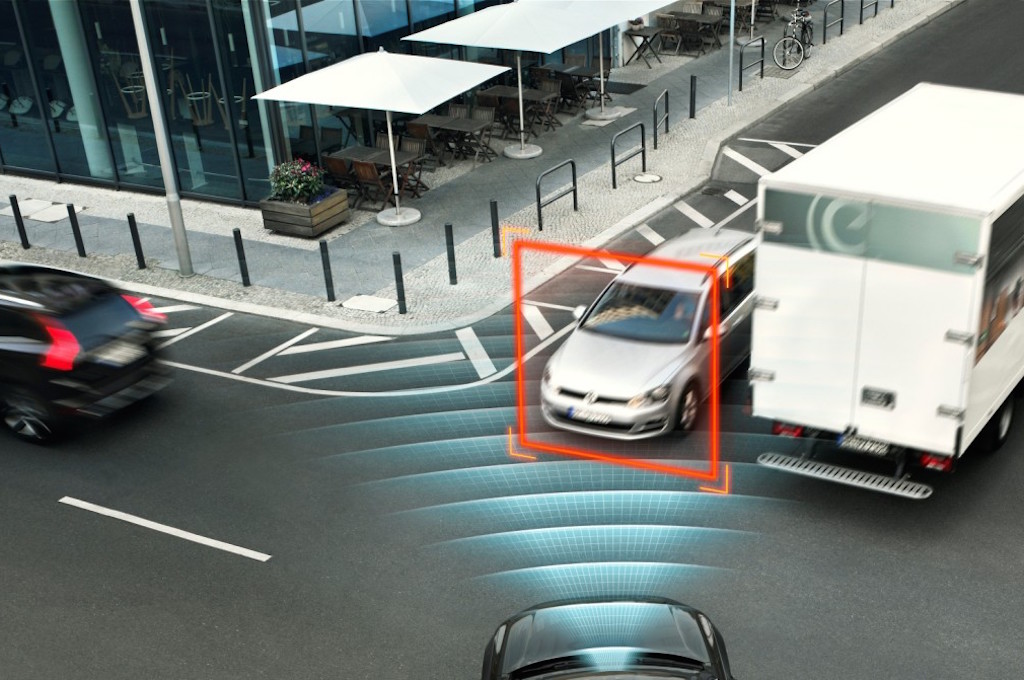
The GST Council has announced an increase in the Goods and Services Tax (GST) rate on the sale of used cars, including electric vehicles (EVs), from 12% to 18%. The decision was made during a recent meeting chaired by Finance Minister Nirmala Sitharaman, aiming to establish a uniform tax rate for all categories of vehicles.
This change, however, will not affect transactions between individuals. The sale and purchase of used vehicles by private individuals will remain exempt from GST, providing relief to those engaging in personal vehicle transactions.
Under the revised structure, GST will only be applicable on the margin of the supplier—the difference between the purchase price and selling price of the vehicle. If depreciation is claimed on the vehicle, the tax will be levied on the depreciated value. This margin-based taxation approach is designed to ensure that only the value added during resale is subject to GST, rather than the entire transaction value.
Previously, a GST rate of 12% was applicable across all used vehicles, including EVs. Additionally, petrol vehicles with an engine capacity of 1200cc or more and a length of 4000 mm or more, diesel vehicles with an engine capacity of 1500cc or more and a length of 4000 mm or more, as well as SUVs, attracted an 18% GST rate. The new decision standardises the rate at 18% for all used vehicles, irrespective of their category or specifications.
The move is expected to have mixed implications for the used car market. While the increased tax rate might raise costs for some buyers, the margin-based taxation ensures fairness by taxing only the actual value added. Stakeholders in the automotive resale industry, including dealers and traders, will need to adapt to the updated rates and compliance requirements.
Industry experts have highlighted that the uniform GST rate could simplify the taxation structure and bring greater transparency to the used car market. However, there are concerns that the higher tax rate may deter some buyers, particularly in price-sensitive segments. The effect of this decision on the growth of the used EV market, a rapidly expanding segment, will also be closely monitored.
As the changes take effect, the GST Council’s decision reflects a broader effort to streamline tax policies while addressing evolving market dynamics. The uniform rate is intended to balance revenue generation with equitable tax practices in the automotive sector.





